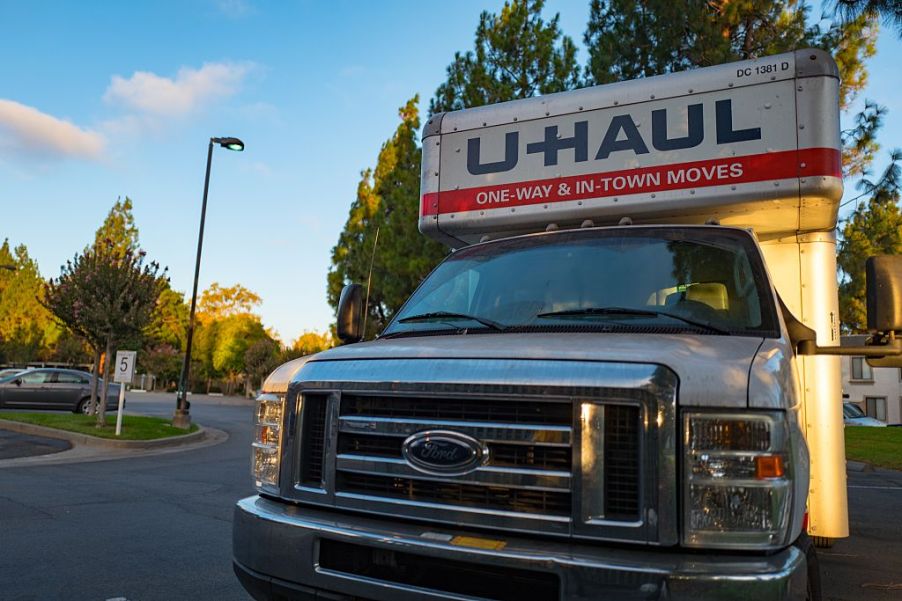
The Dangerous Side Effects of Exceeding Your Truck’s Gross Vehicle Weight Rating
Trucks are reliable, durable, and most importantly, they’re powerful. But this doesn’t mean they’re invincible, and this is especially true when it comes to the payload capacity. Every vehicle has a gross vehicle weight rating, or GVWR, and exceeding this limit is very problematic. Here’s why.
What is a gross vehicle weight rating?
As its name implies, GVWR is the maximum amount a truck can weigh before it starts causing problems. That said, it’s also important to know what GVWR isn’t. According to the Association for the Work Truck Industry (NTEA), a GVWR doesn’t cover what a truck tows. The rating for the combined weight limit of your truck and its trailer is called either a gross combined weight rating or a gross axle weight rating.
GVWR only covers the truck and what the owner puts inside the truck. This is especially important since the base weight of a truck is generally the same. Because of this, GVWR is a simple way to understand the maximum amount your truck can do.
Why you should never exceed the GVWR
Like any other limit for a truck, exceeding it is asking for trouble. Vehicles are designed for a certain weight. Trucks that are too heavy may simply not even move. However, vehicles that are not too heavy to move but still far too heavy can create handling problems.
These issues can get worse in poor condition. For example, when it rains, tires will get less traction, and this means it’ll take you longer to brake. If your truck is past its GVWR, then its handling issues will only worsen on a rainy day. This can lead to a deadly crash.
Even on a regular day, the extra weight will make slowing down more difficult. If this leads to a crash, then this extra weight can make your crash more dangerous, too.
The GVWR numbers
Like the NTEA mentioned, all these issues lead to higher crash rates. According to the NTEA, large trucks that were severely over their GVWR caused over 3,500 deaths in 2016. Trucks that were less severely over their GVWR produced 700 deaths, and trucks that weren’t over their GVWR involved no deaths at all.
Although safety is a big reason why drivers should never exceed their truck’s GVWR, there are other reasons, too. Heavy vehicles can damage roads, for example. This mainly applies to the largest and heaviest trucks, but they can severely damage roads.
Furthermore, there are practical reasons why a truck that exceeds its GVWR is a bad idea. Namely, it’ll strain your truck’s internal systems, like its suspension. By overloading your truck, this means you’ll have to pay more to get it fixed.
Driving a truck that’s over its GVWR is also not a good call when it comes to your insurance. If you survive an accident in an overloaded truck, it’s entirely possible you’ll be held responsible due to the fact that your truck exceeded its GVWR.



